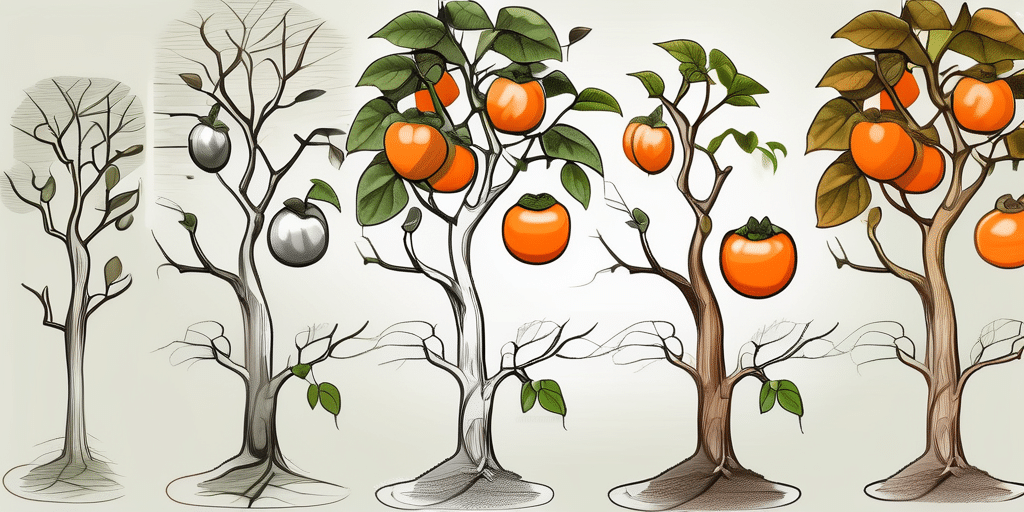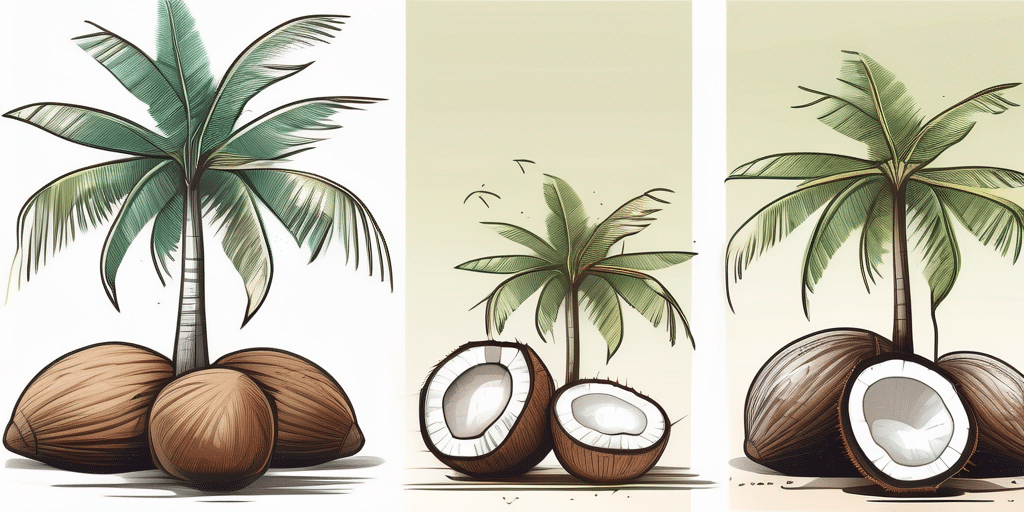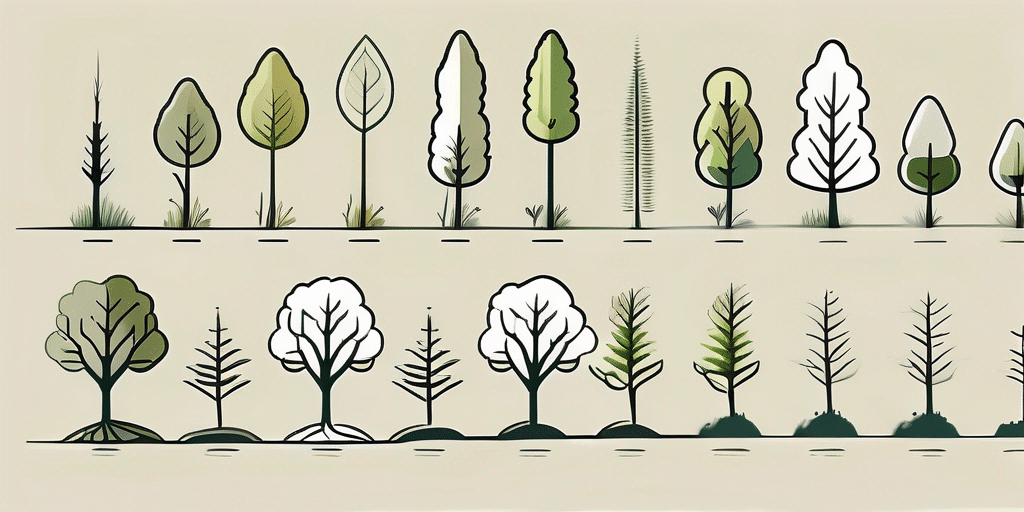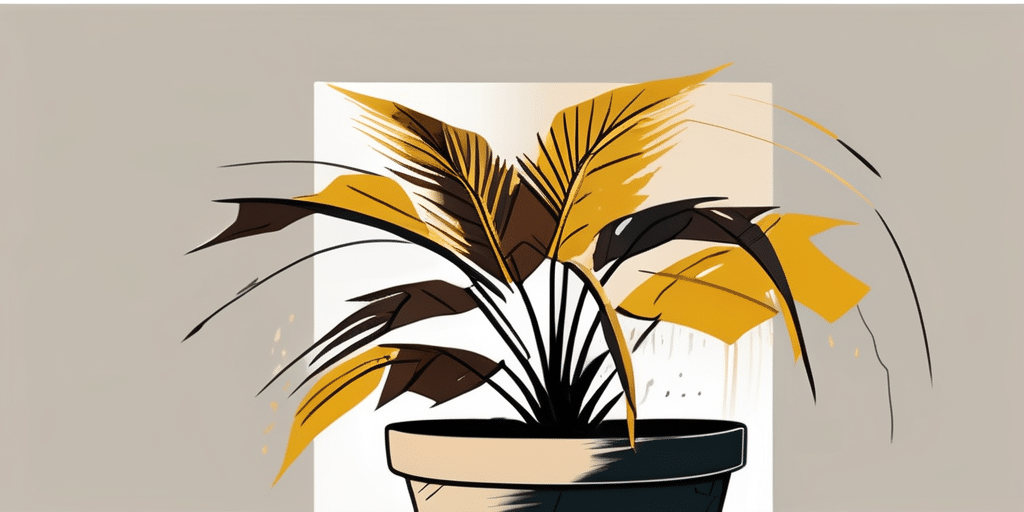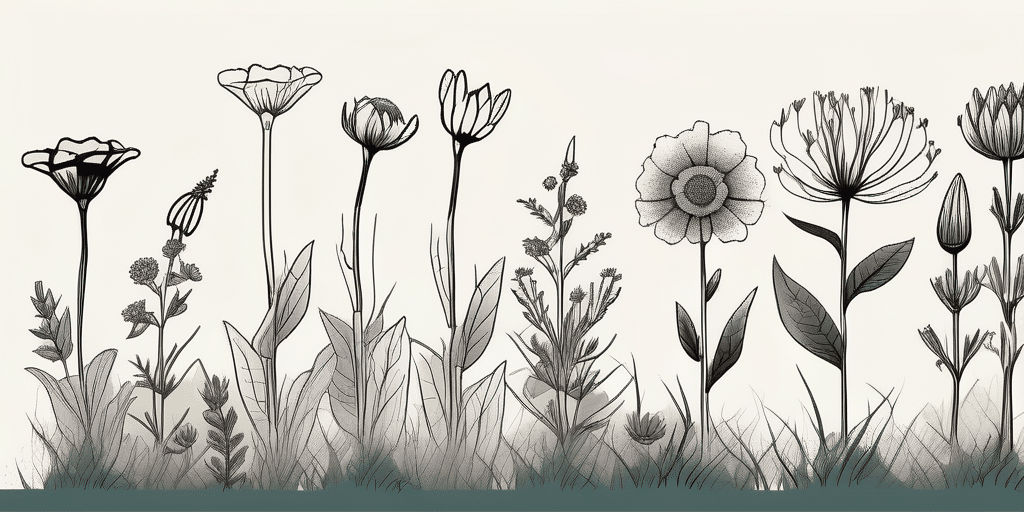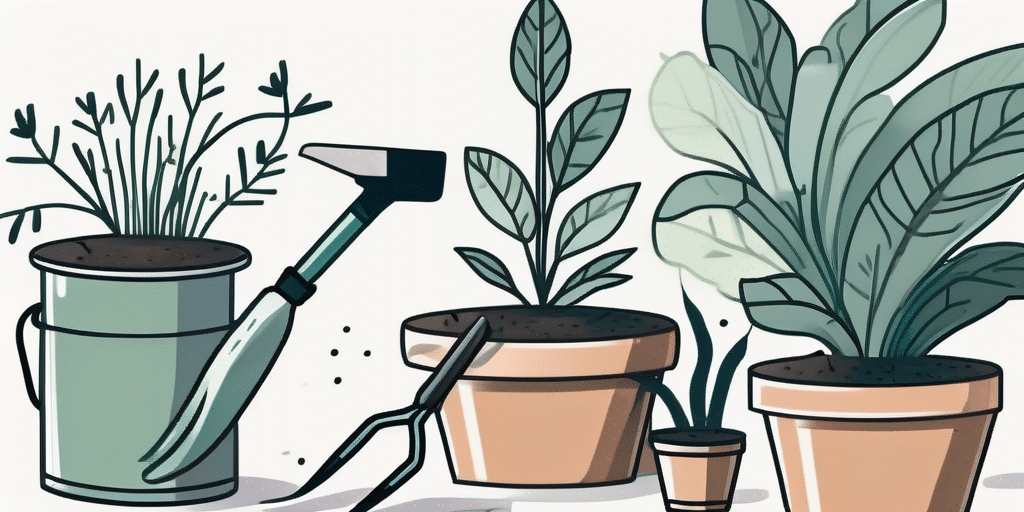When it comes to bamboo, speed is of the essence. Known for its rapid growth rate, bamboo is a versatile plant that serves a multitude of purposes, from construction to culinary uses. But which variety holds the title for the fastest growing bamboo? Let’s delve into the world of bamboo and find out.
Understanding Bamboo Growth
Bamboo, a member of the grass family, is one of the fastest-growing plants on Earth. Its growth rate is primarily determined by its species, climate, and soil conditions. The speed at which bamboo grows is truly remarkable, with some species capable of growing up to 35 inches in a single day under optimal conditions.
However, not all bamboo species grow at the same rate. The growth rate can vary significantly between species, with some growing much faster than others. This variation is due to differences in their genetic makeup and environmental adaptations.
Factors Affecting Bamboo Growth
Several factors can affect the growth rate of bamboo. These include the species of the bamboo, the climate in which it is grown, and the quality of the soil. For instance, bamboos grown in warmer climates tend to grow faster than those grown in colder climates.
Soil quality also plays a significant role in bamboo growth. Bamboos prefer well-drained, loamy soil with a slightly acidic to neutral pH. Nutrient-rich soils can enhance the growth rate of bamboo, while poor soils can hinder its growth.
The Fastest Growing Bamboo Species
Among the thousands of bamboo species worldwide, the Moso bamboo (Phyllostachys edulis) is often cited as the fastest growing. Native to China, this bamboo species can grow up to 10 feet in a week under optimal conditions. It’s not just the speed that’s impressive; Moso bamboo also reaches a towering height of up to 75 feet.
Another fast-growing species is the Guadua bamboo (Guadua angustifolia), native to South America. This species is known for its strength and durability, making it a popular choice for construction. Under ideal conditions, Guadua bamboo can grow up to 9 inches a day.
Moso Bamboo: The Speed Champion
The Moso bamboo’s rapid growth rate is due to its unique rhizome system, which allows it to spread quickly and cover large areas. This species is also highly adaptable, capable of thriving in a range of climates and soil types.
However, Moso bamboo requires specific care to achieve its maximum growth potential. It needs ample sunlight, regular watering, and well-drained soil. It also benefits from regular fertilization to replenish nutrients in the soil.
Guadua Bamboo: The Strong and Swift
Guadua bamboo, while slightly slower than Moso, is still a fast grower. Its strength and durability, coupled with its rapid growth, make it an excellent choice for sustainable construction.
Like Moso, Guadua bamboo requires specific care for optimal growth. It prefers warm, humid climates and well-drained, fertile soil. Regular watering and fertilization are also essential to maintain its growth rate.
How to Grow Bamboo Fast
While bamboo is naturally fast-growing, there are steps you can take to encourage even faster growth. Here’s a step-by-step guide:
- Select a fast-growing bamboo species, such as Moso or Guadua.
- Choose a planting location with plenty of sunlight and well-drained soil.
- Prepare the soil by adding organic matter to improve its fertility.
- Plant the bamboo, ensuring that the rhizomes are covered with soil.
- Water the bamboo regularly, especially during dry periods.
- Apply a high-nitrogen fertilizer regularly to promote growth.
- Prune the bamboo annually to remove old, unproductive shoots and encourage new growth.
By following these steps, you can maximize the growth potential of your bamboo and enjoy the benefits of this fast-growing plant.
Conclusion
Bamboo is a remarkable plant, known for its rapid growth and versatility. Among the many species, Moso and Guadua bamboo stand out as the fastest growers. With the right care and conditions, these species can provide a quick return on investment, whether you’re growing bamboo for construction, culinary uses, or simply for its aesthetic appeal.
Remember, the key to growing bamboo fast lies in selecting the right species, providing optimal growing conditions, and giving it the care it needs. With these in place, you can enjoy the beauty and benefits of the fastest growing bamboo in no time.
Join Our Green-Thumbed Community!
Ready to turn your bamboo dreams into reality? Subscribe for free to How to Grow Everything and start building the garden of your dreams today! Get personalized gardening advice tailored to your specific location, grow zone, and experience level. We promise only the best gardening tips and deals, with no spam, just pure gardening gold. Plus, you’ll receive special offers that are 100% free. Join our family of passionate gardeners and watch your bamboo—and your garden—thrive!

